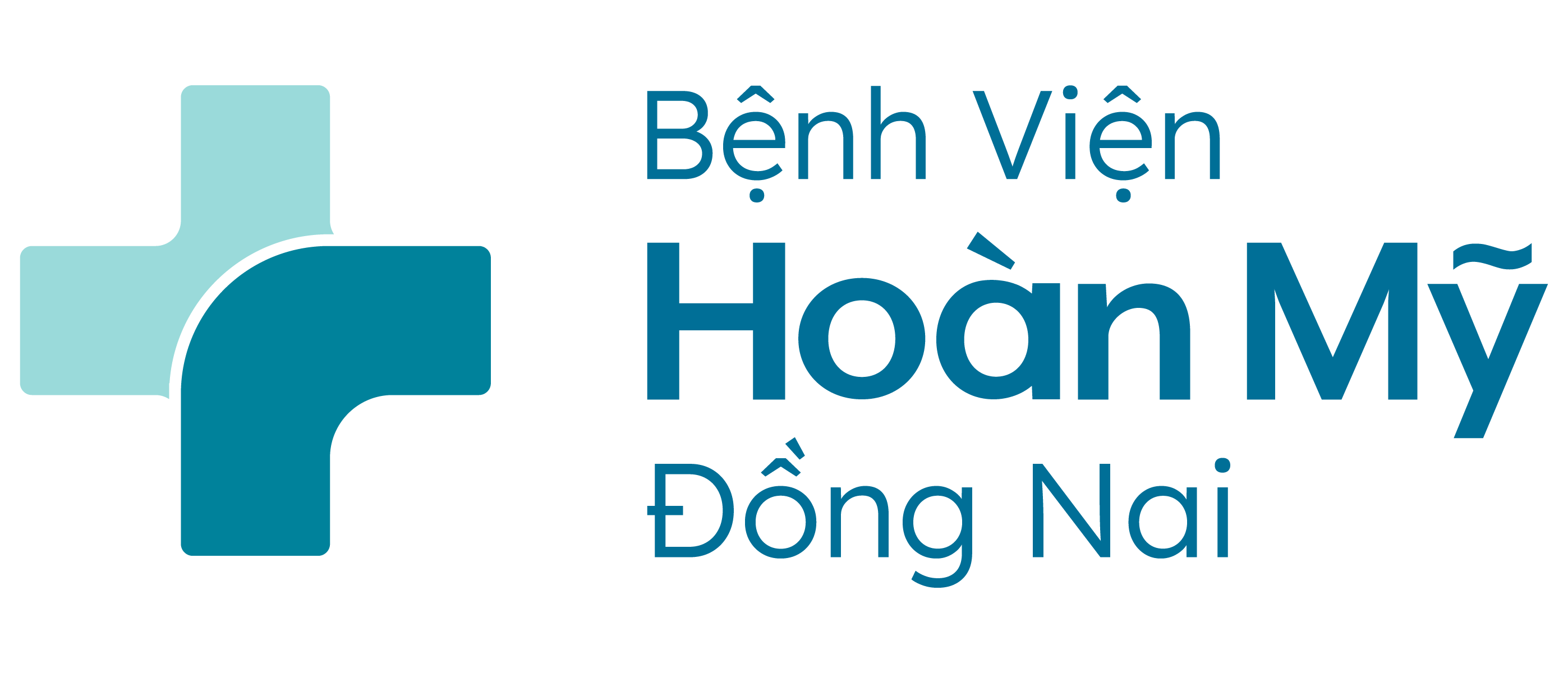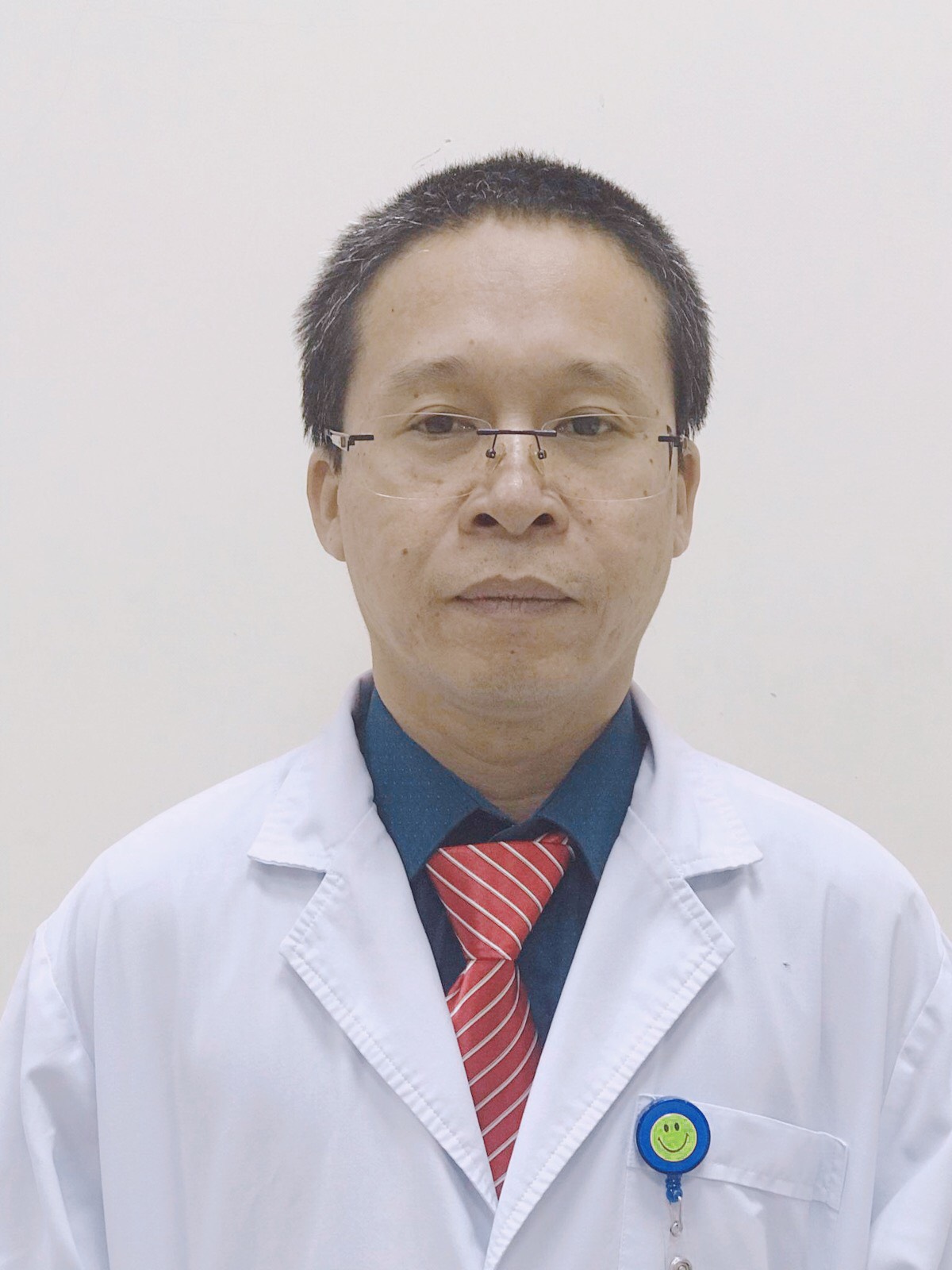1. Pre-operative Clinical Assessment
– Comprehensive Eye Examination
– General Internal Examination
2. Pre-operative Testing
– Total peripheral blood cell analysis (via impedance counter)
– Measurement of glucose (blood)
– Bleeding Time Assessment using the Duke Method (TS-TC)
3. Imaging Diagnosis
– Standard Electrocardiogram
4. Procedural Steps During Surgery
– Machine-based refraction measurement
– Evaluation of intraocular pressure
– Examination of the fundus of the eye
– A/B ultrasound screening (for 1 eye)
– Ultrasonic phacoemulsification surgery, with or without intraocular lens (IOL) insertion
5. Pharmaceuticals, Medical Supplies, Synthetic Lenses
6. In-Hospital Post-operative Support
7. Nutritional Provision and Meals
8. Prescription Medication for Discharge
1. Eye drops will be applied to the eyes to ease any discomfort during surgery
2. A small incision will be performed on the cornea
3. The front vitreous capsule will be detached
4. The vitreous body will be fragmented and extracted
5. Any residual capsule fragments will be removed
6. Once ready, the artificial lens will be implanted; surgeons will fine-tune and secure the position of the lens
7. Intraocular antibiotics will be applied as surgeons disinfect the eyes before concluding the surgical process
Patients are observed for an hour following the surgery and are usually discharged on the same day.
A typical daytime eye examination and surgical process is as follows:
1. Patients submit their medical forms at the Department of Ophthalmology’s counter
2. Patients undergo refraction measurements and are assessed on their visual acuity
3. Patients’ consultation with doctors, including examination and treatment prescription
4. Patients complete fee payment at the cashier counter
5. Patients undergo subclinical tests (e.g.: blood, ECG, eye ultrasound)
6. Patients undergo general internal and pre-anaesthetic examinations
7. Once ready, surgeons will commence the surgical procedure
8. Patients undergo post-operative recovery
9. Surgeons conduct any follow-up examinations
10. Following payment, patients receive discharge papers, prescriptions, medications, and post-operative care guidance





